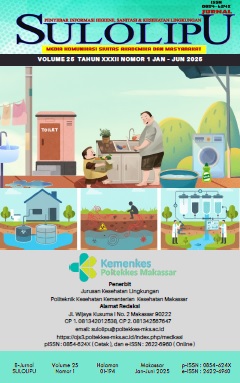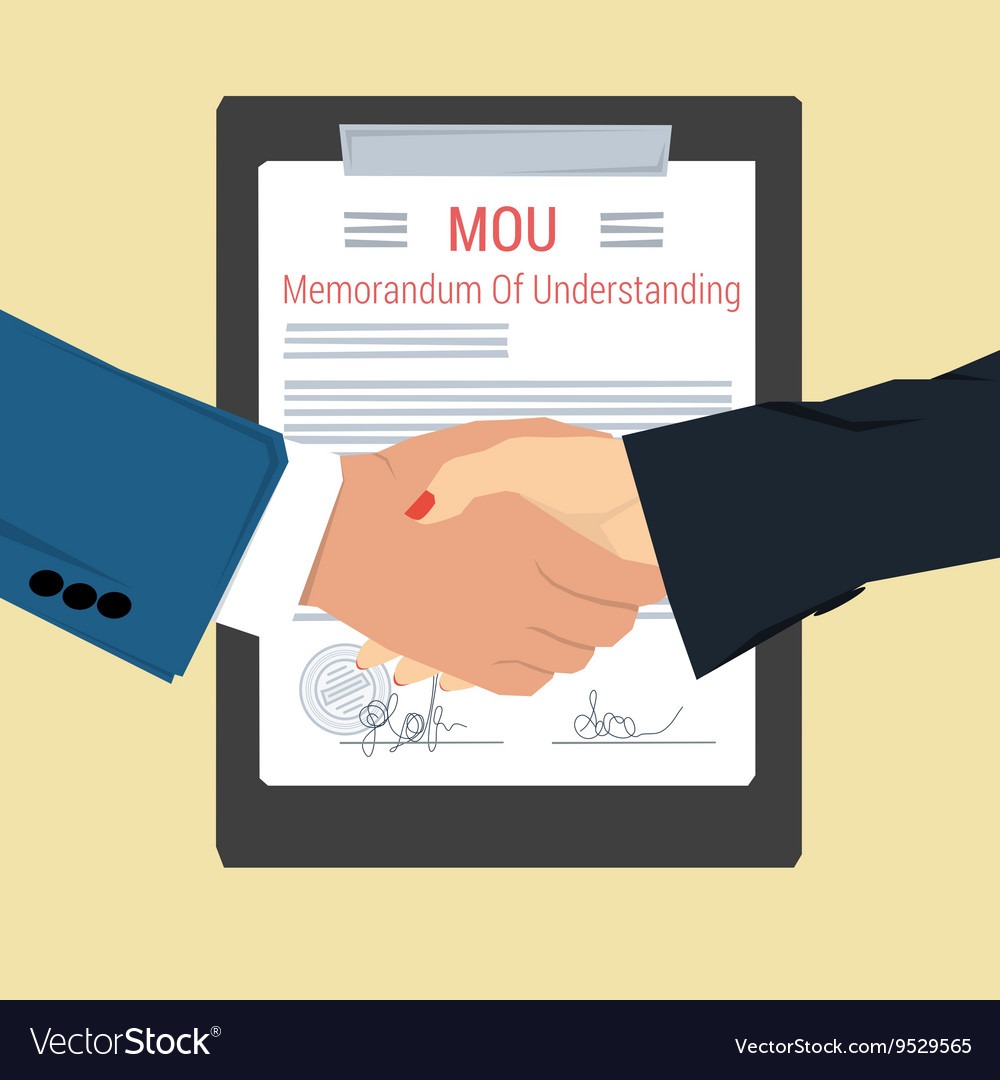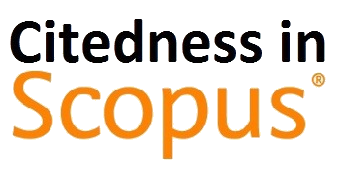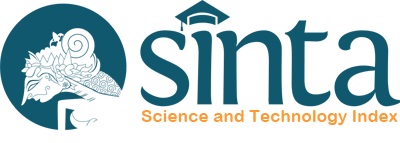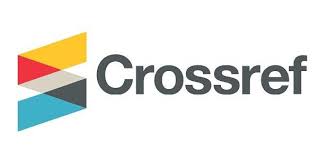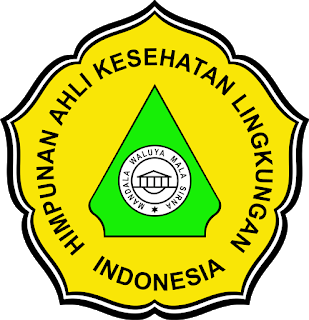“Waste Management Through 3R (Reduce, Reuse, Recycle)" in an effort to reduce waste generation in Gattareng Village, Kab. Bulukumba
DOI:
https://doi.org/10.32382/sulo.v25i1.1322Keywords:
waste management, 3R(reduce, reuse, recycle), waste generation, waste compositionAbstract
One effort to reduce the volume of waste in household settings is by implementing waste management levels. The level of waste management is waste management training, with an emphasis on reducing waste at the source (reduce), (reuse) activities, as well as (recycle) which will be processed if the waste cannot be reused. The aim of this research is to determine the waste management carried out by housewives through 3R in reducing waste generation in Gattareng Village, Kab. Bulukumba. The type of research used is descriptive analytical observation with a qualitative approach. The samples taken were 136 housewives. The results of the research that has been carried out are that all housewives in Gattareng Village, Kab. Bulukumba applies the 3R principle (reduce, reuse, recycle). However, the reduction actions that are not carried out at all are one of which is not rejecting the use of plastic 100%, then the reuse action that is carried out the least is using paper waste that is still 84.5% clean, and the recycling action that is not carried out at all is one of them does not make 100% compost. The waste generated was 0.692 kg/person/day and the largest waste composition was organic waste 2,094 kg (70%) and inorganic waste 879.83 (30%). The conclusion from this research is that all housewives in Gattareng Village, Kab. Bulukumba has implemented the 3R principle (Reduce, Reuse, Recycle). The suggestion from this research is to create a Waste Bank so that people can collect their waste
References
Antriyandarti, E., Barokah, U., Rahayu, W., Darsono, Marwanti, S., Ferichani, M., Ani, S. W., Suprihatin, D. N., & Mulyawan, M. F. (2023). Woman and Urban Waste Management: A Case Study of Surakarta City. Environment and Ecology Research, 11(6), 1023–1038. https://doi.org/10.13189/eer.2023.110613.
Apriyani, A., Susilo, S. A., & Habibi, M. (2021). Analisis Penerapan Prinsip 3R(Reduce,Reuse,Recycle)Pada Pengelolaan Sampah Rumah Tangga Di Rt 04 Kelurahan Tenun Samaranda Seberang. JURNAL KESEHATAN LINGKUNGAN: Jurnal Dan Aplikasi Teknik Kesehatan Lingkungan, 18(2), 129–132. https://doi.org/10.31964/jkl.v18i2.312.
Chaerul, M., & Zatadini, S. U. (2020). Perilaku Membuang Sampah Makanan dan Pengelolaan Sampah Makanan di Berbagai Negara: Review. Jurnal Ilmu Lingkungan, 18(3), 455–466. https://doi.org/10.14710/jil.18.3.455-466.
Fadzoli, T., Subekti, R., & Waluyo. (2023). Dampak Kebijakan Pengelolaan Sampah Sebagai Parameter Kinerja Pemerintah Dalam Bidang Lingkungan Hidup. Eksekusi : Jurnal Ilmu Hukum Dan Administrasi Negara, 1(3), 28–36. https://doi.org/10.55606/eksekusi.v1i3.444.
Fan, X., Li, J., & Wang, Y. (2023). The Driving Factors of Innovation Quality of Agricultural Enterprises—A Study Based on NCA and fsQCA Methods. Sustainability (Switzerland), 15(3), 1–22. https://doi.org/10.3390/su15031809.
Ferdinan, Utomo, S. W., Soesilo, T. E. B., & Herdiansyah, H. (2022). Household Waste Control Index towards Sustainable Waste Management: A Study in Bekasi City, Indonesia. Sustainability (Switzerland), 14(21). https://doi.org/10.3390/su142114403.
Ismail, T. C. M., Yasnani, Y., & Nurmaladewi, N. (2022). Hubungan Pengetahuan Ibu Rumah Tangga Dalam Pengelolaan Sampah Dengan Metode 3R (Reuse, Reduce, Recycle) Di Kelurahan Lalolara Kecamatan Kambu Kota Kendari. Jurnal Kesehatan Lingkungan Universitas Halu Oleo, 3(1), 71–76. https://doi.org/10.37887/jkl-uho.v3i1.27427.
Junaidi, J., & Utama, A. A. (2023). Analisi Pengelolaan Sampah Dengan Prinsip P 3R (Reduce, Reuse, Recycle) (Studi Kasus Di Desa Mamak Kabupaten Sumbawa). JISIP (Jurnal Ilmu Sosial Dan Pendidikan), 7(1), 706–713. https://doi.org/10.58258/jisip.v7i1.4509.
Ko, S., Lautala, P., & Zhang, K. (2020). Data-driven study on the sustainable log movements: Impact of rail car fleet size on freight storage and car idling. Sustainability (Switzerland), 12(11), 1–15. https://doi.org/10.3390/su12114563.
Ningrum, E. W., & Iskandar, D. D. (2023). Analisis Faktor-Faktor Yang Mempengaruhi Perilaku Wisatawan Dalam Menjaga Lingkungan Objek Wisata (Studi Kasus: Candi Gedong Songo). BISECER (Business Economic Entrepreneurship), 6(2), 78. https://doi.org/10.61689/bisecer.v6i2.435.
Rahim, Z. I., & Indirawati, S. M. (2022). Analisis pengelolaan sampah dengan prinsip 3R sebagai upaya penurunan volume sampah pada ibu rumah tangga di Kelurahan Labuhan Deli. Tropical Public Health Journal, 2(2), 96–106. https://doi.org/10.32734/trophico.v2i2.10041.
Sari, C. N., Al-illahiyah, L. H., Kaban, L. B., Hasibuan, R., Nasution, R. H., Sari, W. F., Islam, U., & Sumatera, N. (2023). Keterbatasan Fasilitas Tempat Pembuangan Sampah Dan Tantangan Kesadaran Masyarakat Dalam Pengelolaan Sampah (Studi Kasus Di Desa Jandi Meriah Kec. Tiganderket Kab. Karo) Cindy. Journal of Human And Education, 3(2), 268–276.
Utami, A. P., Pane, N. N. A., & Hasibuan, A. (2023). Analisis Dampak Limbah Sampah Rumah Tangga Terhubung Pencemaran Lingkungan Hidup. Cross-Border, 6(2), 1107–1112. https://doi.org/10.58192/profit.v3i3.2245.
Wei, X., Wang, N., Luo, P., Yang, J., Zhang, J., & Lin, K. (2021). Spatiotemporal assessment of land marketization and its driving forces for sustainable urban–rural development in Shaanxi Province in China. Sustainability (Switzerland), 13(14), 1–20. https://doi.org/10.3390/su13147755.
Wulandari, I. S., Soemarno, & Koderi. (2021). An Analysis on Household waste Management during Covid-19 Pandemic Era (Study at Suzuki Residents, North Minahasa). Jurnal Pembangunan Dan Alam Lestari, 12(1), 6–14. https://doi.org/10.21776/ub.jpal.2021.012.01.02
Downloads
Published
How to Cite
Issue
Section
PDF (Bahasa Indonesia) downloaded: 757

